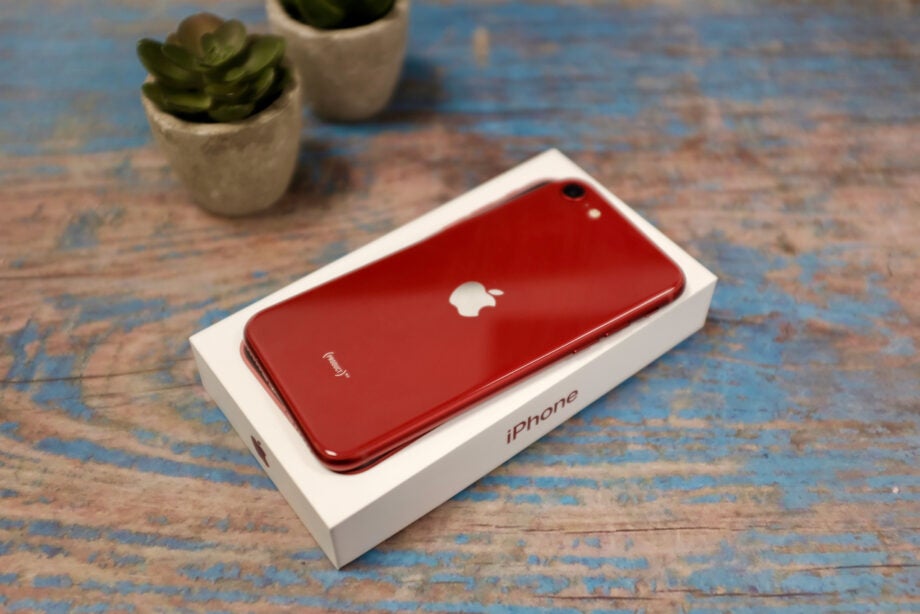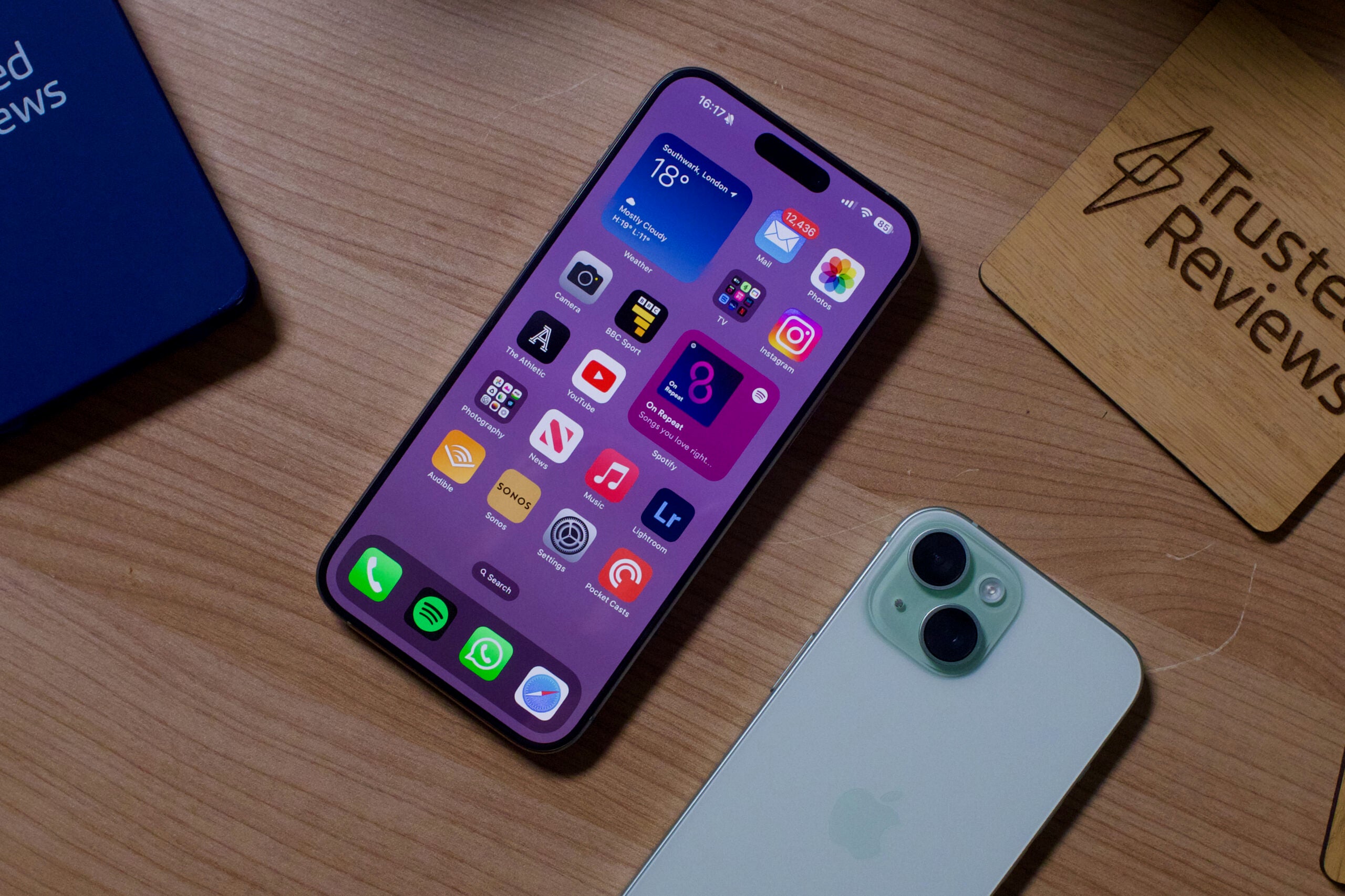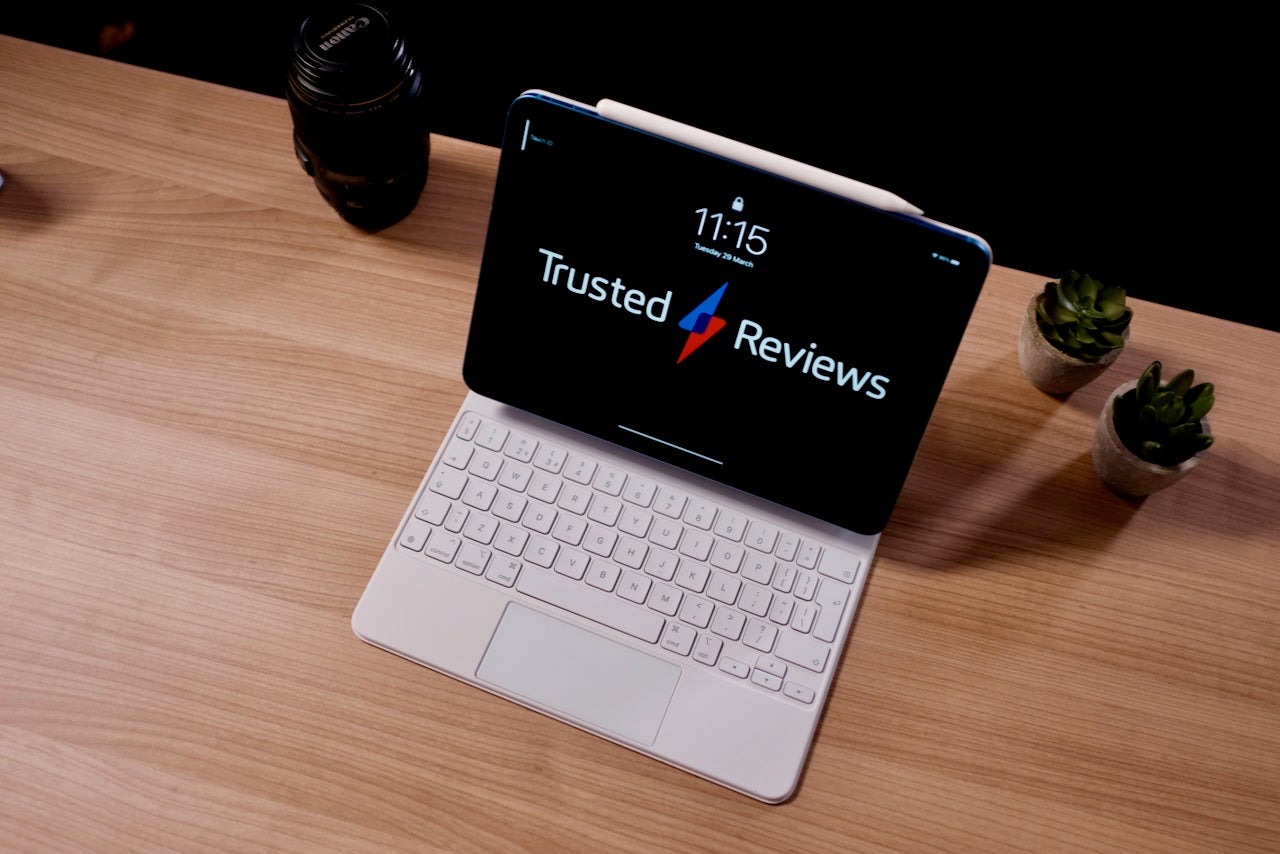EU may rubber-stamp iPhone Lightning ban the day after WWDC

The day after Apple announces its biggest software changes at WWDC, the European Union could force a hardware change upon the company it has been resisting for years.
On June 7, European Union lawmakers are set to sign a long-pending agreement requiring hardware manufacturers to adopt a common charging port, Reuters reports. That standard will be USB-C, not the Lightning port Apple uses.
The bill would apply to all smartphones, tablets and headphones sold in the bloc and, while Apple already offers some iPads with USB-C charging, it would be enough to require a change of design for the iPhone and AirPods headphones.
Android users won’t be affected much by the change, as all the major manufacturers have already adopted USB-C. Apple itself has been rumoured to be making the switch for years now, but each year the Lightning cable with the iPhone endures.
If the bill passes, it’s unlikely Apple would make one phone for the rest of the world and another for the European Union, so the passage of the bill might be enough to Apple to drop the Lightning port around the globe. It might also push Apple closer towards the long-rumoured goal of a completely port-free iPhone.
The idea behind the bill is to make life easier for consumers who’ll no longer require multiple chargers for their array of gadgets. However, the idea is also to cut down on electronic waste.
However, Apple believes the changes would cause more harm than good, with millions of iPhone users embedded into the Lightning ecosystem and related accessories.
The company had argued: “We believe regulation that forces conformity across the type of connector built into all smartphones stifles innovation rather than encouraging it, and would harm consumers in Europe and the economy as a whole. We do not believe there is a case for regulation given the industry is already moving to the use of USB Type-C through a connector or cable assembly.”





